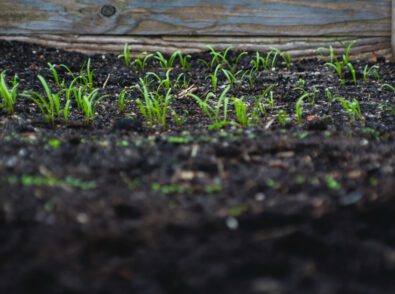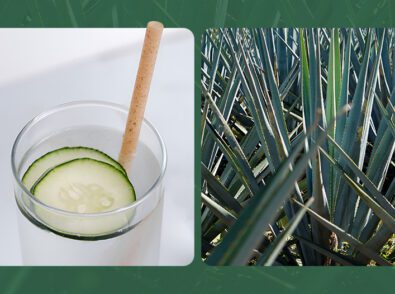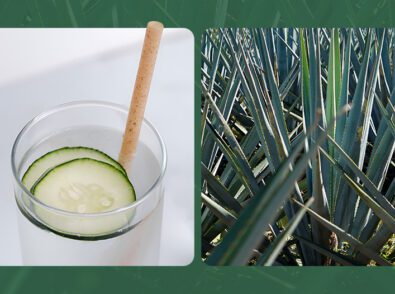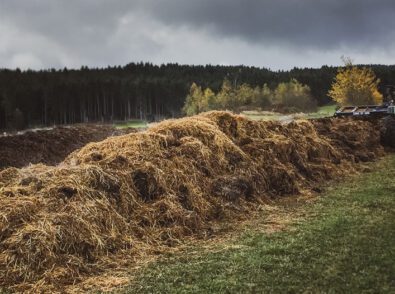How Are Greenprint Cups Made?
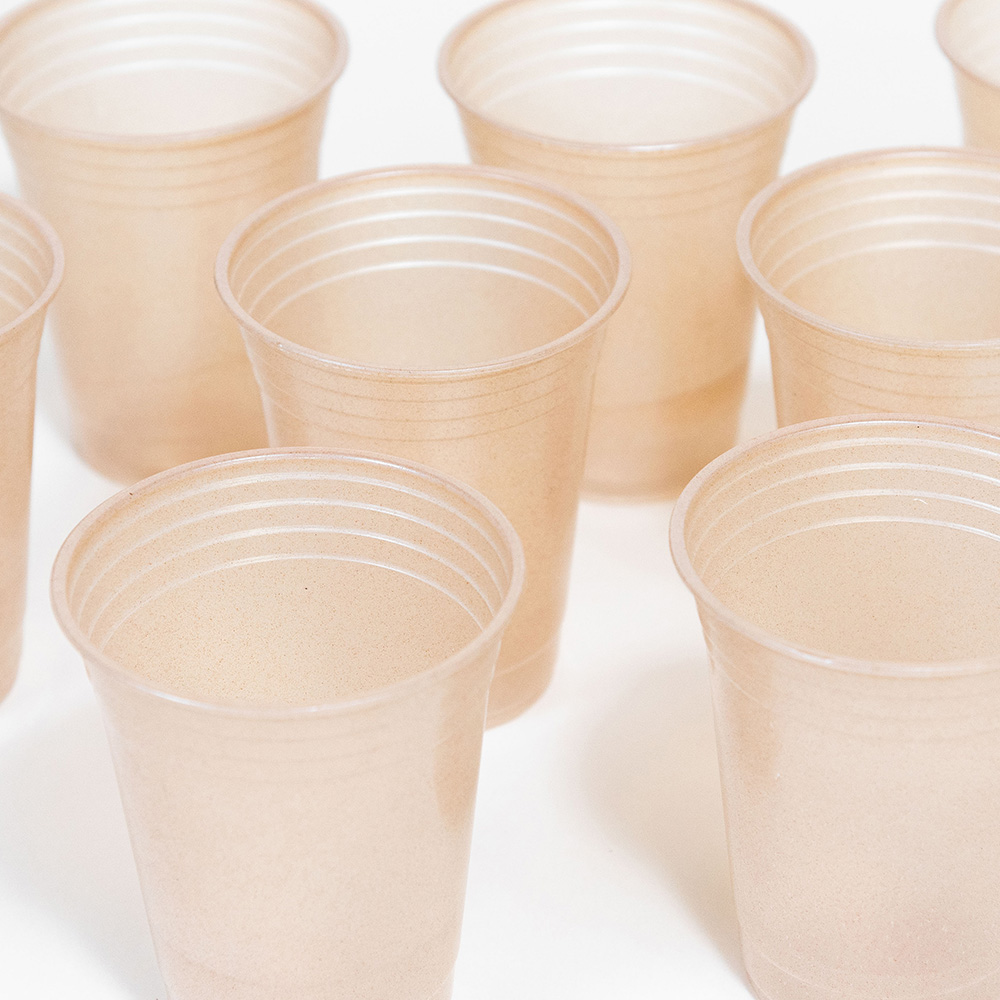
Greenprint provides high-quality, sustainable alternatives to single-use plastic cups, lids, and cutlery, building a circular economy for a positive environmental impact. Our products make it easy for restaurants to adopt sustainable packaging, regardless of location.
We offer multiple cups that have a variety of disposal methods, including home composting, industrial composting, and landfill disposal. Our cups are created with certified sustainable materials and designed for practical, real-world use, helping you serve customers with a flexible, eco-friendly solution for any disposal method.
Greenprint Renewacup: Made for Home Composting
Renewacups are compostable paper cups made from FSC-certified plant fibers, including sugarcane bagasse and agave. These cups are completely plastic-free and are ideal for cafes and restaurants seeking eco-friendly cups for hot and cold drinks. These nontoxic, food-safe, BPA and PFAS-free cups are certified by the Biodegradable Products Institute (BPI) and TÜV Austria to degrade under proper composting conditions.
Greenprint Clearly Compostable Cup: Made for Industrial Composting
We also offer Clearly Compostable Cups that are made from plant starches like sugar cane or corn that is not able to be used for food purposes. Transformed into polylactic acid (PLA), a compostable plastic made solely from renewable resources, suitable for industrial composting facilities. These cups are a clear option in our lineup for those who want to show off their beverages in an eco-friendly style. Depositing these products, once used, in a compost bin for industrial composting is critical to the circularity of PLA and reducing your carbon footprint.
Greenprint Agave Cup: Made for Landfill Degradation
Our Greenprint agave-based cups are made using Forest Stewardship Council (FSC) certified agave fibers and verified recycled plastics. Laboratory tested and certified to break down in landfills within one to three years, these cups do not contain Bisphenol A (BPA) and per- and polyfluoroalkyl substances (PFAS), and they are a durable, eco-friendly, and food-safe alternative to single-use plastics.
Greenprint Straws: Certifications at a Glance
Greenprint also provides straws for your beverage station needs. Our compostable agave and PHA straws are BPI Compostable and TÜV Home Compostable Certified. We also offer recyclable agave-fiber straws made of FSC-certified plant fibers and verified recycled plastics.
Both options are eco-friendly and can be disposed of according to their specific material and certifications.
Which Option Is Right for Your Restaurant?
Our agave-based and compostable Greenprint cup materials are excellent options for sustainably reducing plastic waste. The best way to choose between them is based on your waste disposal options:
- Is composting available to you? Our compostable paper cup can break down in a residential compost bin, and our PLA cups are best suited for an industrial compost facility to reduce the amount of oil-based plastics in circulation.
- Are there no composting options nearby? Our proprietary agave-based compound will completely degrade in landfills in one to three years, reducing the overall amount of waste in landfills.
Learn more about our home compostable, industrial compostable, and agave-blend product lines with our product overviews and download centers.
Ready to Go Green? Contact Greenprint
Request samples or a quote from Greenprint to choose the right eco-friendly cup and straw for your restaurant.


